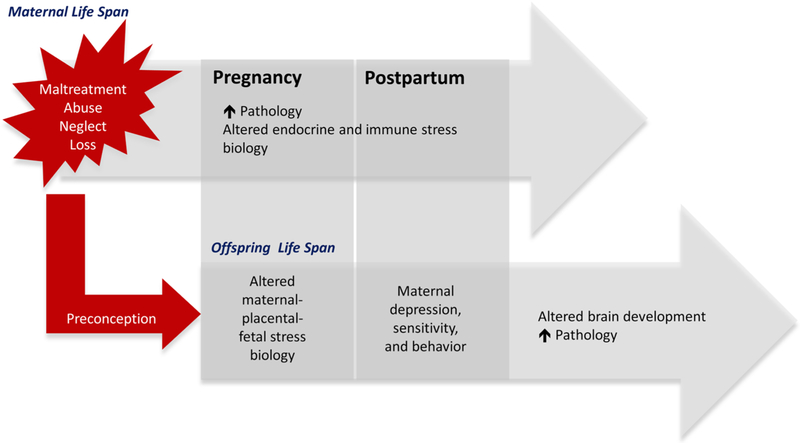Fig. 2. Intergenerational Transmission of the Effects of Early-Life Stress.
The transmission of maternal ELS to her child may occur during the sensitive prenatal and early postnatal periods of her offspring’s development. Maternal exposure to ELS can affect her long-term physical and mental health and these pathological conditions will likely endure when the mother becomes pregnant and after delivery. As a result, maternal ELS may be associated with an altered maternal-placental-fetal stress biology, which has the potential to affect the developing fetal brain. Maternal ELS experience may furthermore increase the risk of developing postpartum depression and parenting difficulties, which additionally impose a risk on the development of her offspring’s brain and increase vulnerability for adverse health outcomes.

